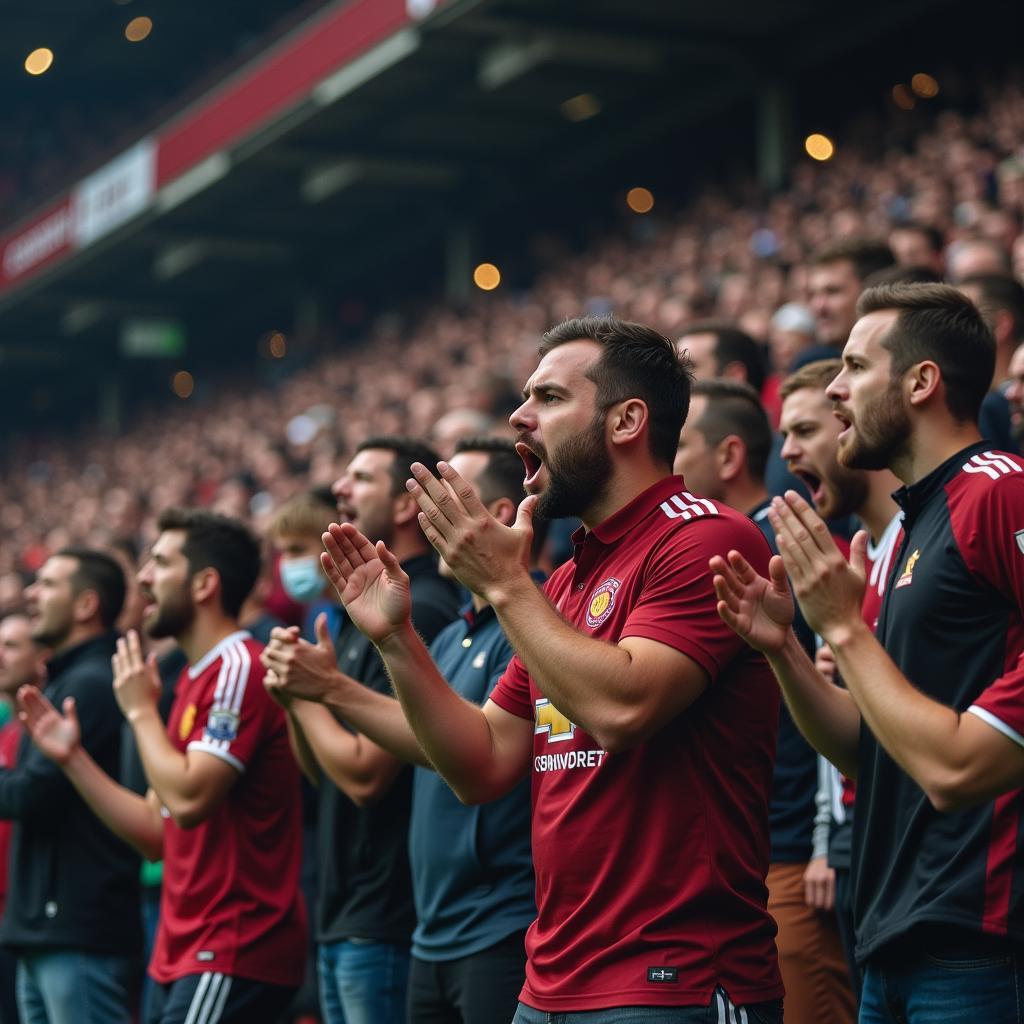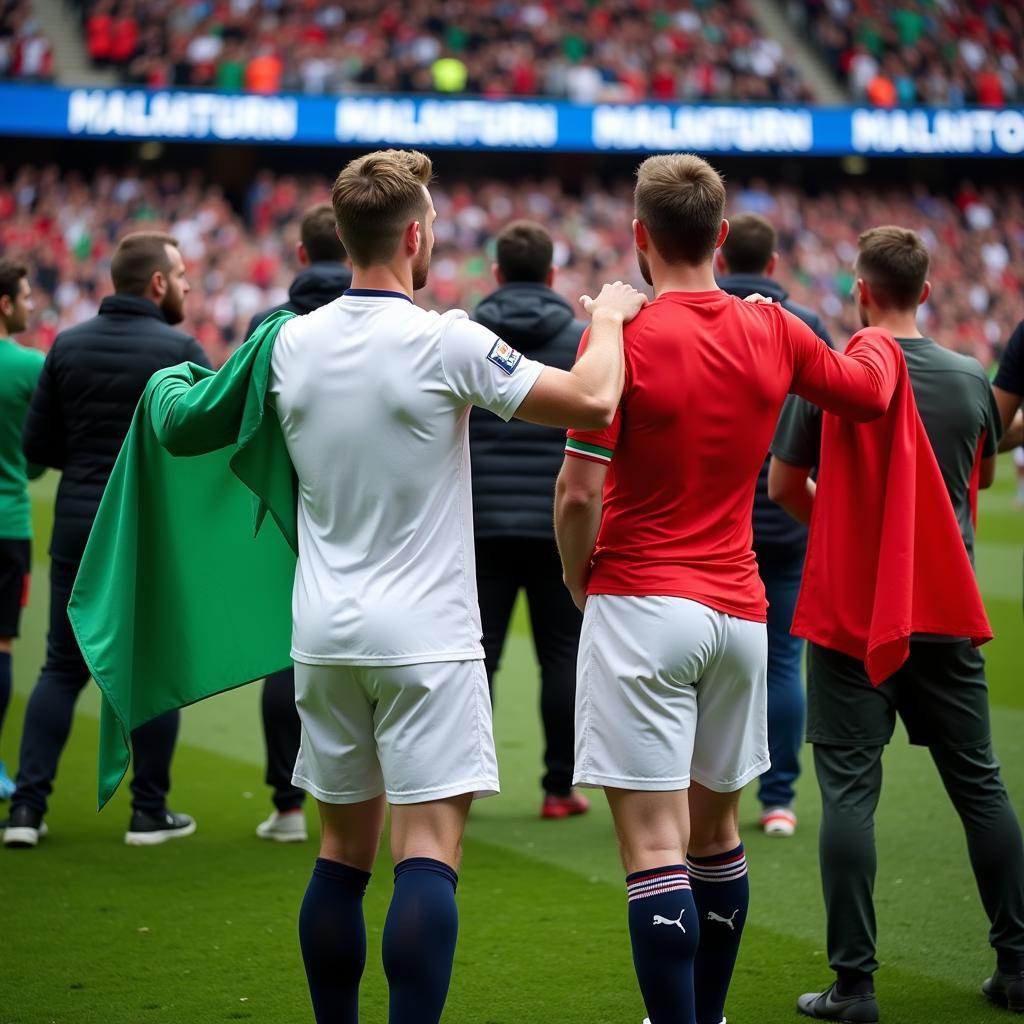The act of Ireland fans booing “God Save the Queen” has become a recurring theme at sporting events, sparking debate and highlighting the complex historical relationship between Ireland and England. This article delves into the reasons behind these displays of dissent, exploring the historical context and cultural factors that contribute to the tension surrounding the anthem.
The Historical Baggage of “God Save the Queen”
To understand the reactions of Irish fans, it’s essential to acknowledge the historical baggage associated with “God Save the Queen” and its place within the context of Anglo-Irish relations.
-
Centuries of Conflict: The anthem, often seen as a symbol of British monarchy and imperialism, evokes memories of centuries of conflict and oppression for many Irish people. From the Norman invasion in the 12th century to the struggle for Irish independence in the 20th century, the relationship between the two nations has been marked by violence, rebellion, and political strife.
-
Symbol of Oppression: During times of British rule in Ireland, “God Save the Queen” represented the suppression of Irish culture, language, and national identity. The anthem became synonymous with forced assimilation and the denial of Irish self-determination.
-
The Troubles: The period known as “The Troubles” in Northern Ireland (late 20th century) further exacerbated tensions. The conflict, marked by violence between predominantly Catholic Irish nationalists who desired a united Ireland and predominantly Protestant unionists/loyalists who wished to remain part of the United Kingdom, saw “God Save the Queen” adopted as an anthem of one side, deepening the divide.
Sporting Events as Platforms for Protest
Sporting events, particularly football matches, often become arenas where political and historical tensions spill over. The passionate atmosphere, coupled with a large and vocal audience, provides a platform for fans to express their national identity and voice dissent.
- A Display of Irish Identity: Booing “God Save the Queen” can be interpreted as a rejection of British cultural dominance and an assertion of Irish identity. It’s a way for some Irish fans to distance themselves from the historical legacy of British rule and express solidarity with their nation’s struggle for independence.
- Generational Trauma: For some, the act of booing transcends mere sporting rivalry; it’s a visceral reaction rooted in generational trauma. The memories of conflict and oppression, passed down through families and communities, continue to evoke strong emotions and shape perspectives on Anglo-Irish relations.
 Football fans booing during a match
Football fans booing during a match
The Debate: Disrespectful or Understandable?
The act of booing “God Save the Queen” has sparked debate about the boundaries of free speech and sportsmanship.
- Arguments Against Booing: Some argue that booing a national anthem is disrespectful and goes against the spirit of sportsmanship. They believe that sporting events should be occasions for celebrating athletic achievement and fostering goodwill, not rehashing historical grievances.
- Defending the Right to Protest: Others defend the booing as a legitimate form of protest, arguing that fans have the right to express their political views, even within the context of a sporting event. They emphasize the importance of acknowledging the historical context and understanding the motivations behind such actions.
Moving Forward: A Complex Relationship Continues
The booing of “God Save the Queen” by some Irish fans reflects the enduring legacy of a complex and often troubled history between Ireland and England. While the act might be perceived as disrespectful by some, understanding the historical context is crucial to comprehending the sentiments it evokes.
 Ireland and England football fans at a match
Ireland and England football fans at a match
As the two nations continue to navigate their shared past and present, the challenge remains to find ways to promote understanding, respect, and reconciliation. While sporting events may sometimes serve as outlets for historical tensions, they can also offer opportunities for dialogue and bridge-building.


